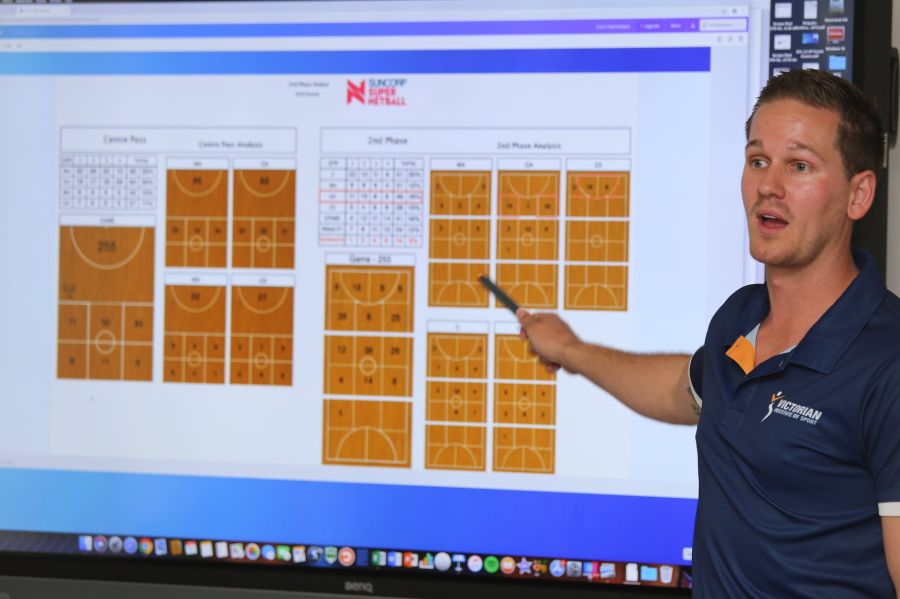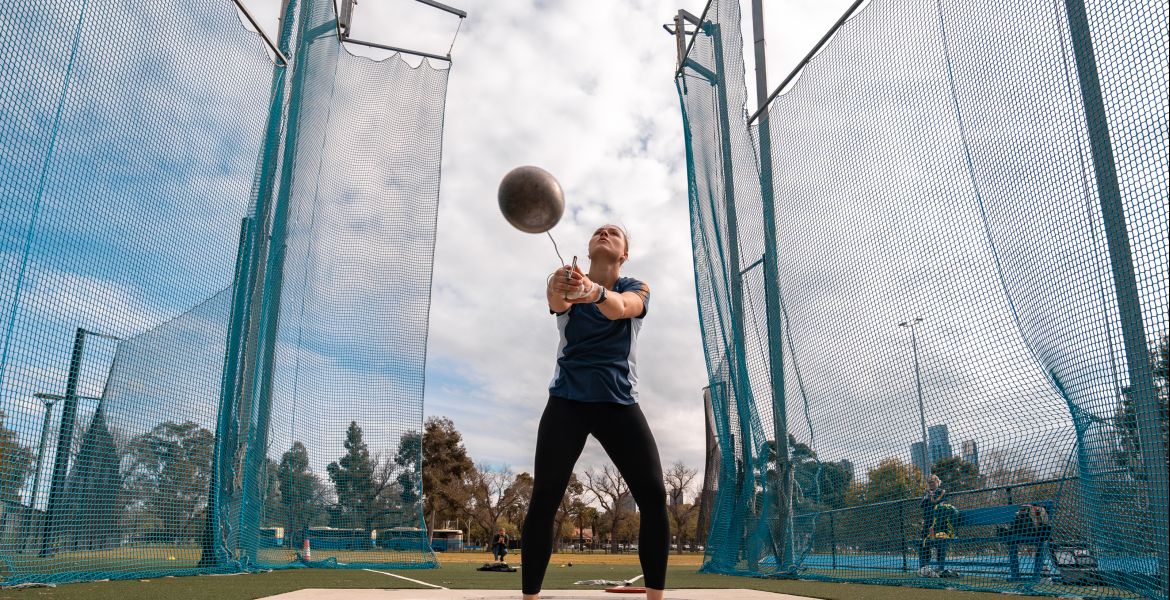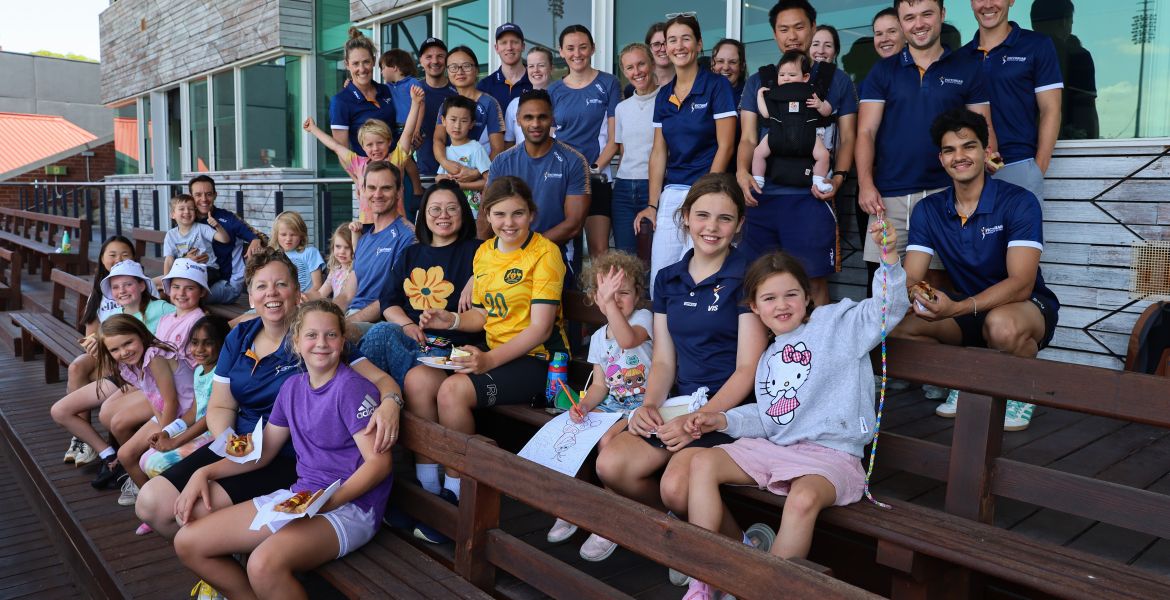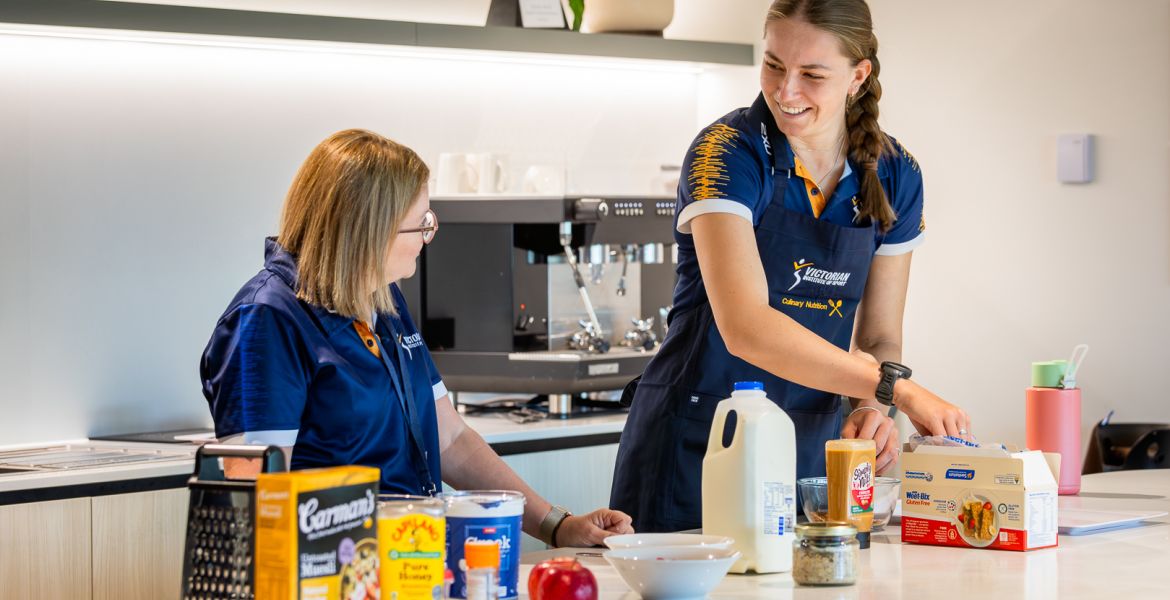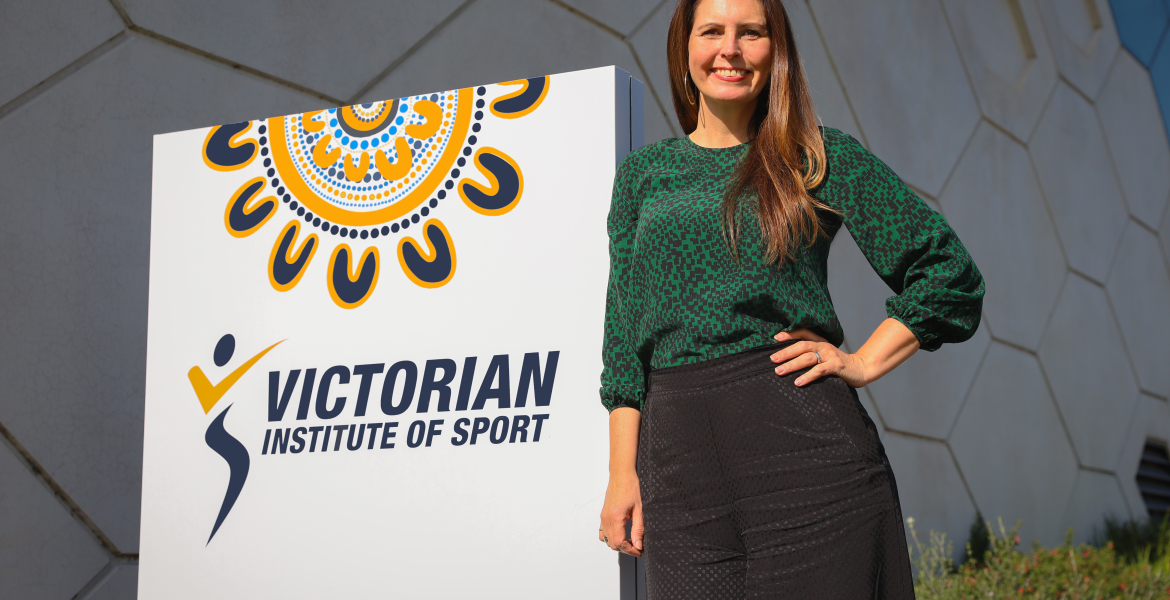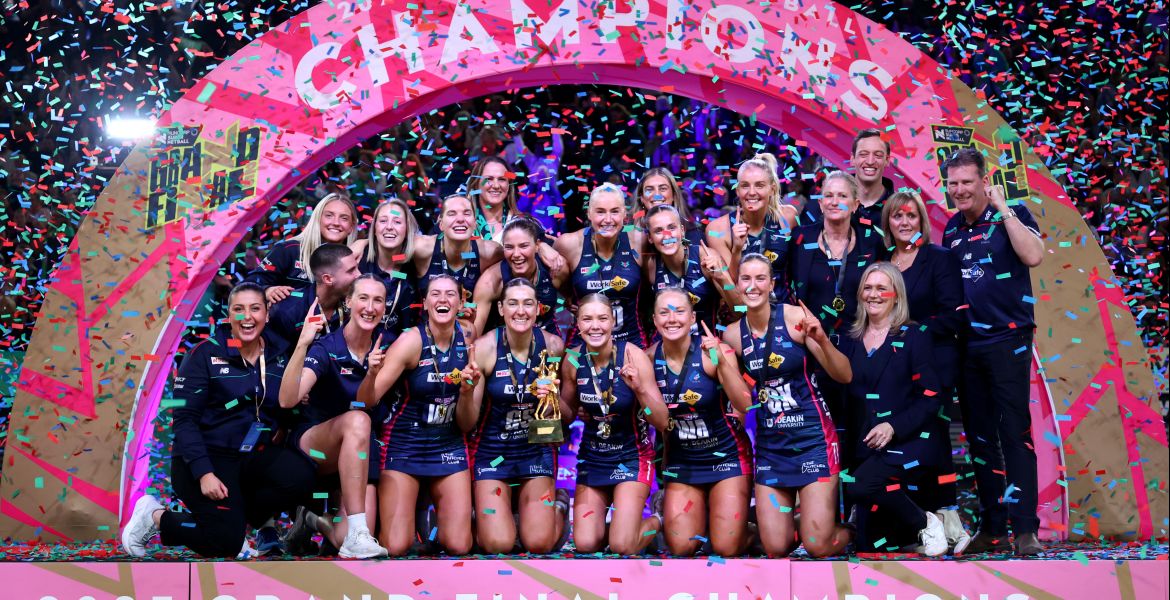One of those experts is lead performance analyst Jamie Bahnisch, who works closely with the Melbourne Vixens as well as the Victorian Institute of Sport hockey programs.
For just over five years, Bahnisch has been delivering performance analysis and sports science services as part of a multi-disciplinary approach to VIS athletes and programs. He’s also responsible for applying performance focused solutions and the application of new technology that will have a positive impact on performance.
We caught up with Bahnisch to see how he has adapted to these challenging times.
How are you able to still continue servicing athletes from home?
JB: We’ve been able to continue servicing athletes in a few ways even in this remote working period. In Hockey for example, we’ve been able to utilise some of the latest technology from Catapult with our GPS monitoring to assess what athletes have been doing in isolation. Their latest product allows their data to be synced with a training app which we’ve been able to collect with our Athlete Management System (AMS) to view their data. Previously, you couldn’t access data without physically downloading units which you obviously couldn’t do with lockdown restrictions. This process has been able to help us immensely in our monitoring during isolation but now helping us plan around what returning will look like on-pitch and how to safely build their training capacity back to full-training.
In Netball for example, we’ve been able to shift our focus a little bit more onto the performance analysis side of things in promoting self-learning and group work. Hudl, a cloud based platform allows us to store our video data and has allowed our staff and athletes to review trainings and games. We have set some tasks for them to undertake during this period to help develop their Netball IQ but also to keep that group connection with the athletes in them working together on things which we’ve found to be so important during isolation to do. It’s also not every day you get an opportunity to run a second preseason like we are aiming to do with Melbourne Vixens. With our season still up for deliberation and confirmed in the coming weeks, it has allowed us to review what we’ve done up until restrictions and how we might keep or change certain aspects going into our season later in the year. We’ve been able to utilise a lot of data we’ve collected in the past to help frame our decision making which hopefully will put us in a better position when we recommence and start again.
Video: There are countless people who work behind-the-scenes to help ensure the Melbourne Vixens are at their peak when they take the court on game day.
From here, a lot of our work now is thinking and planning about how training will look with gradual rollbacks and how we reintegrate athletes and staff back into differing levels of training until we are back to full-training in a “normal” daily training environment.
What has been some of your biggest challenges from a Performance Analysis point of view?
JB: Communication has been the biggest challenge. It’s definitely something you take for granted but during this time you work on how you can be even better with your communication, make less assumptions, and troubleshoot on the fly!
Has there been anything that isolation has helped with?
JB: Similar to the above around communication. Not being able to have face-to-face contact with athletes and staff has forced everyone to take on things even more and self-learn more than what you would normally when support has been readily available .
Outside of this, it has given time to think about a few things more strategically in how we operate and do certain things, which we usually can’t do in the normal grind of a week. It’s also provided the opportunity to work and plan around uncertainty which in sport, usually we have everything very well planned and don’t operate like this. So this has been both a challenge and great opportunity to learn from.
Have you been able to trial some new things that you haven’t had the time for in the past?
JB: We’ve been able to trial the ability for us to use our GPS units in a way we haven’t before in having athletes enter the data themselves where we’d normally do this process ourselves. I think this has helped develop some greater athlete independence but also sparked more curiosity in what and how we use the data. This has also allowed us to do more education pieces around this for the athletes . Without this opportunity, we most likely wouldn’t have had the time to really investigate why we have done certain things in the past too and how we can innovate for the future.
Personally, I’ve been able to continue some further post-graduate study which has been great to do and even more so with the greater time available to do it. I’ve been reading a lot more on leadership, communication and diverse thinking, which I feel will only benefit in developing those “soft skills” we use every day in working with each other.

